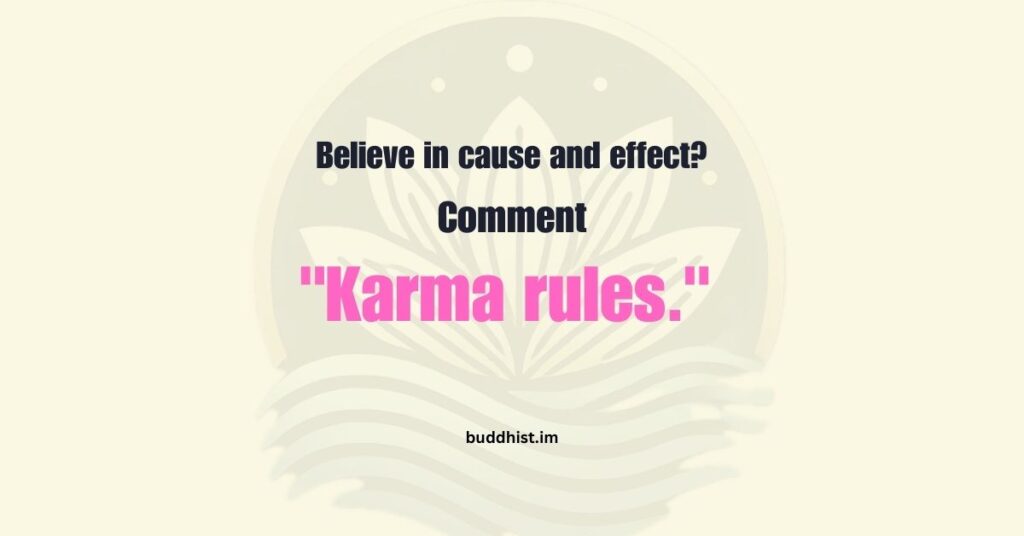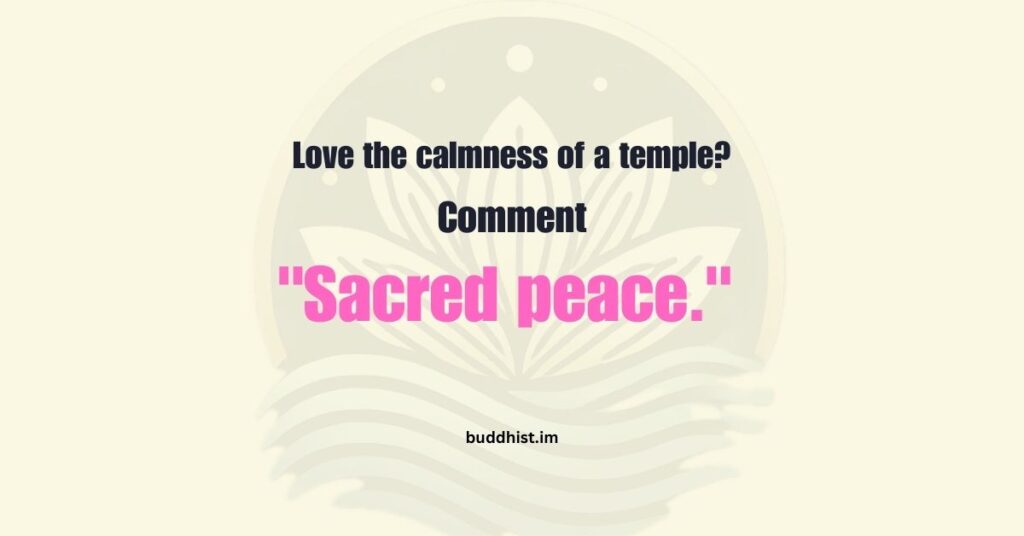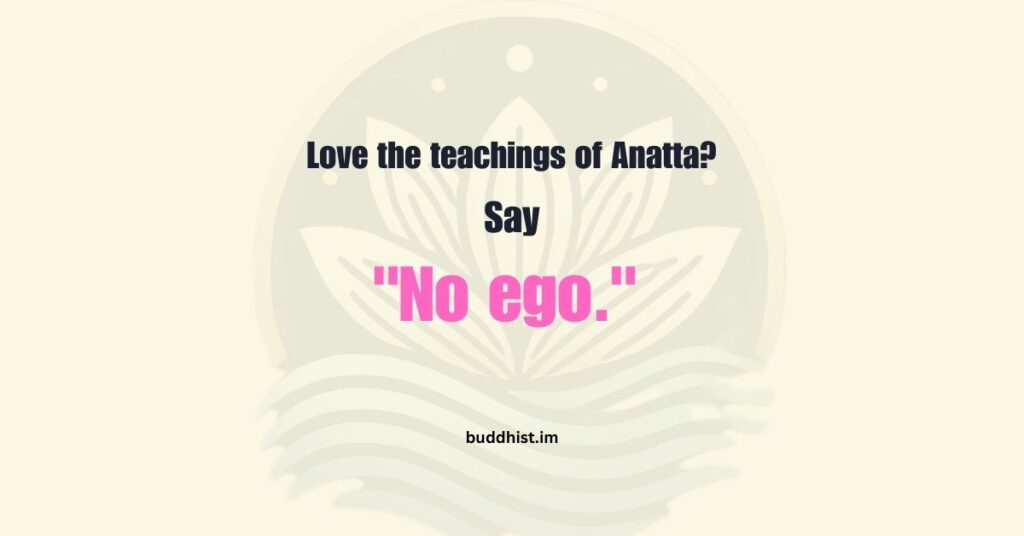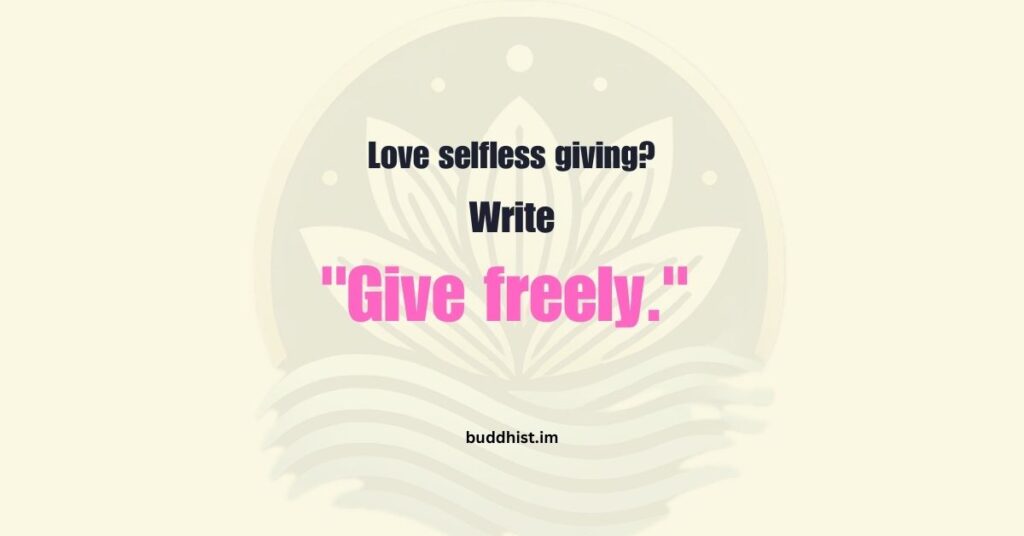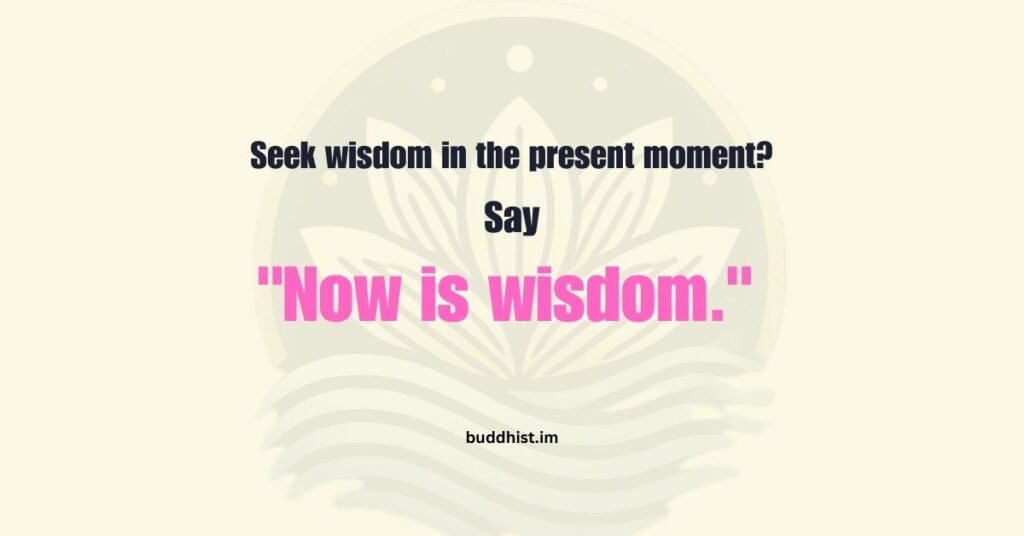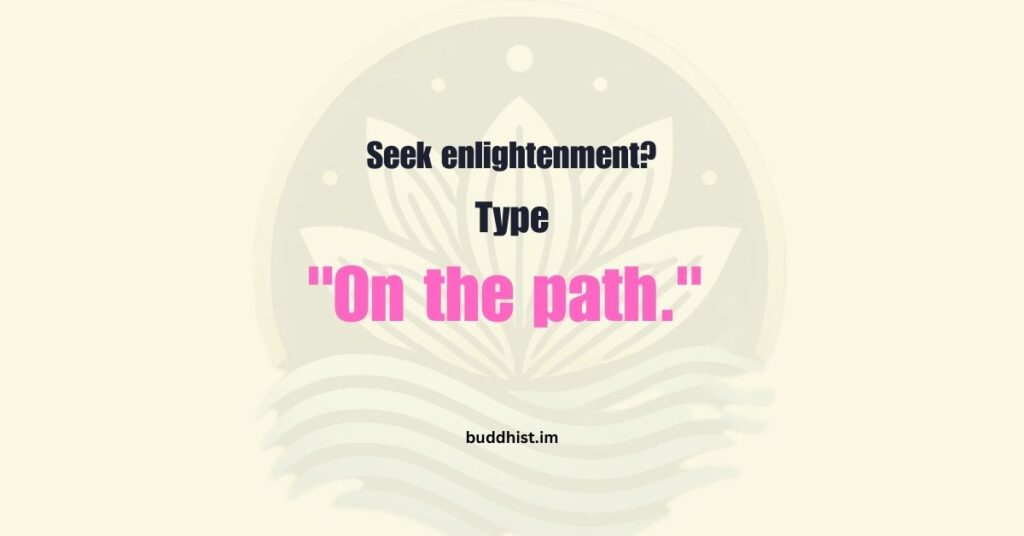Let’s be real: marriage is amazing but it’s also tough. You’re not just sharing a Netflix account, you’re sharing your life, dreams, and laundry. And sometimes, dishonesty sneaks in. It’s not always about big betrayals; it can be little things like saying, “No, I didn’t eat the last slice of cake,” when crumbs are still on your face.
The good news? Dishonesty doesn’t have to be a relationship killer! If you’re feeling like your marriage has taken a hit from untruths, Buddhism offers practical and compassionate tools to help you mend and grow together.
Here’s how you can navigate the murky waters of dishonesty and come out stronger, the Buddhist way.
1. Start with Compassion, For Yourself and Your Partner
One of Buddhism’s central teachings is compassion (“karuna”), and guess what? It’s not just for others, it’s for you too. If dishonesty has shown up in your marriage, avoid jumping straight to blame or shame. Instead, take a deep breath (seriously, try it right now) and approach the situation with kindness.
Dishonesty often stems from fear, fear of judgment, conflict, or not being enough. When you see dishonesty as a cry for help rather than an act of malice, it becomes easier to respond with understanding rather than anger.
2. Embrace the Power of Right Speech
In Buddhism, there’s this incredible concept called “Right Speech” (“Samma Vaca”). It’s part of the Noble Eightfold Path and emphasizes speaking truthfully, kindly, and with purpose. Sound intimidating? It’s simpler than it sounds, and it’s a game-changer for relationships.
Here’s how to use it in your marriage:
- Before you speak, ask yourself:
- Is it true?
- Is it kind?
- Is it necessary?
This isn’t just about avoiding lies; it’s about fostering trust and love through your words. Imagine how much more connected you’d feel if every conversation passed this filter.
3. Forgiveness: The Secret Sauce of a Happy Marriage
Let’s be honest (pun intended): holding onto resentment is exhausting. Buddhism teaches that forgiveness is not about condoning bad behavior but about freeing yourself from the burden of anger and hurt.
When you forgive your partner for dishonesty, you’re saying, “I see your imperfections, and I choose love anyway.” This doesn’t mean ignoring repeated harmful behavior (boundaries are important, we’ll get to that). It means letting go of grudges and creating space for healing.
Try this Buddhist-inspired exercise:
- Sit quietly together and breathe deeply.
- Take turns saying, “I forgive you for ______. I’m letting it go so we can move forward.”
- Mean it. Feel the weight lift.
4. Meditation: Your Relationship Reset Button
When dishonesty shakes your marriage, it’s easy to get stuck in a loop of overthinking and emotional reactivity. Meditation helps you hit pause and reconnect with the present moment, where love and healing happen.
A simple practice to try:
- Sit together in a quiet space.
- Focus on your breath. Inhale, exhale.
- Imagine a warm, golden light surrounding both of you, symbolizing trust and understanding.
- After 5-10 minutes, share one positive intention for your relationship. It could be as simple as, “I want us to be honest and kind.”
This small ritual can work wonders for resetting your emotional connection.
5. Set Loving Boundaries, Yes, That’s a Buddhist Thing!
Contrary to popular belief, Buddhism isn’t about being a doormat. Loving-kindness (“Metta”) applies to yourself too, and that means setting healthy boundaries. If dishonesty has become a pattern, it’s okay to say, “This hurts me, and I need us to work on being truthful.”
Boundaries aren’t walls; they’re guidelines for respect and trust. Discuss together what honesty means to both of you and how you can hold each other accountable with love.
6. Celebrate Progress, Not Perfection
Here’s a secret: no one’s perfect, not even the Dalai Lama (he’d probably laugh at the idea). The key to healing dishonesty in your marriage is celebrating small wins. Did your partner own up to something instead of hiding it? Cheer them on. Did you manage to express your feelings calmly instead of blowing up? High five yourself.
Every step toward honesty and trust is worth celebrating.
In Conclusion: Love Bigger Than Mistakes
Dishonesty doesn’t have to be the end of the road. Buddhism shows us that with compassion, mindfulness, and a commitment to growth, you can turn challenges into opportunities for deeper connection.
So the next time you find yourself grappling with a fib (or a full-blown lie), remember: your marriage is bigger than any mistake. Approach it with love, honesty, and a bit of Buddhist wisdom, and you’ll find your way back to happiness together.
And hey, maybe just buy two cakes next time, problem solved!
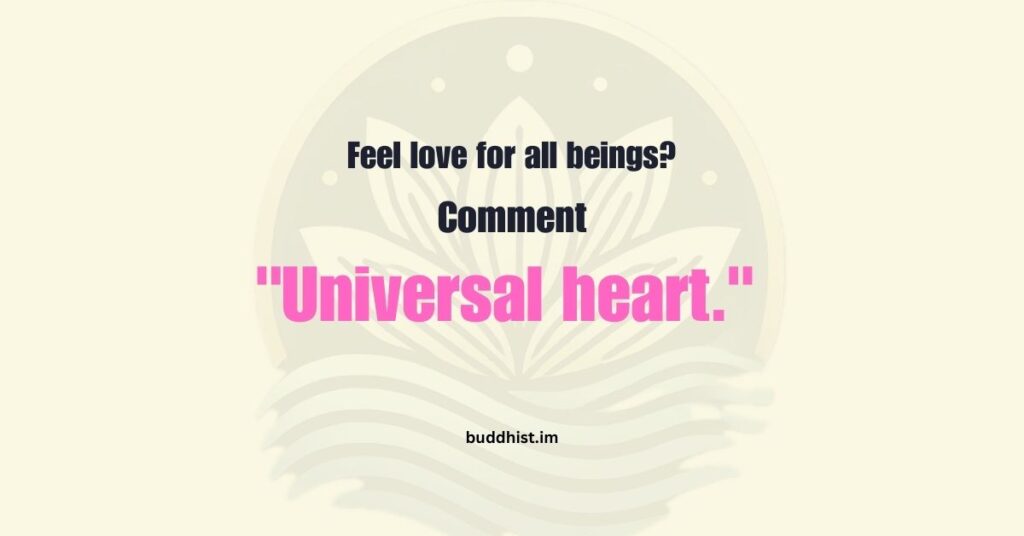
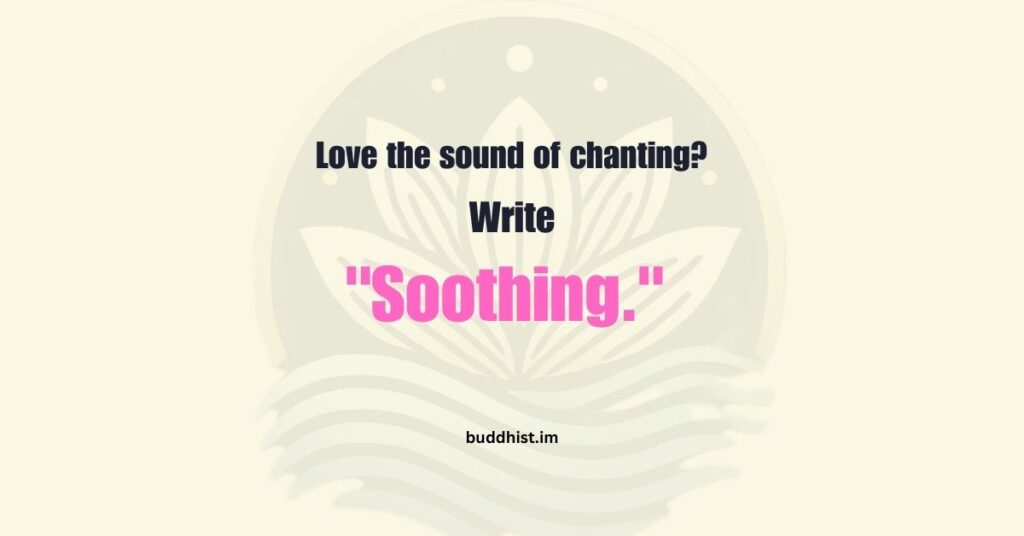
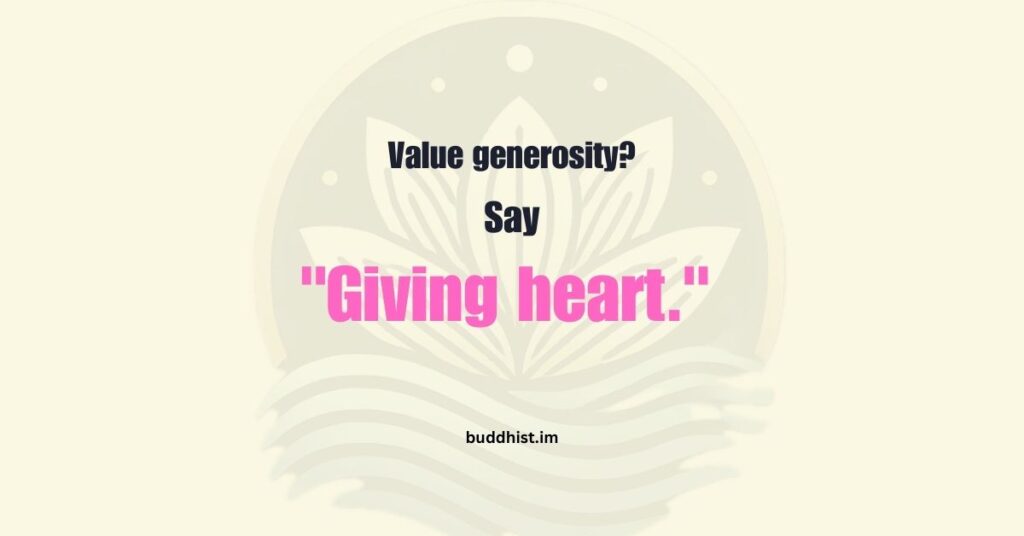
![Stop Losing Yourself in Marriage, [Here’s the Fix]](https://buddhist.im/wp-content/uploads/2025/01/Stop-Losing-Yourself-in-Marriage—Heres-the-Fix-1024x536.jpg)
![Stop Over-Explaining [Here’s What to Do Instead]](https://buddhist.im/wp-content/uploads/2025/01/Stop-Over-Explaining-Heres-What-to-Do-Instead-1024x536.jpg)

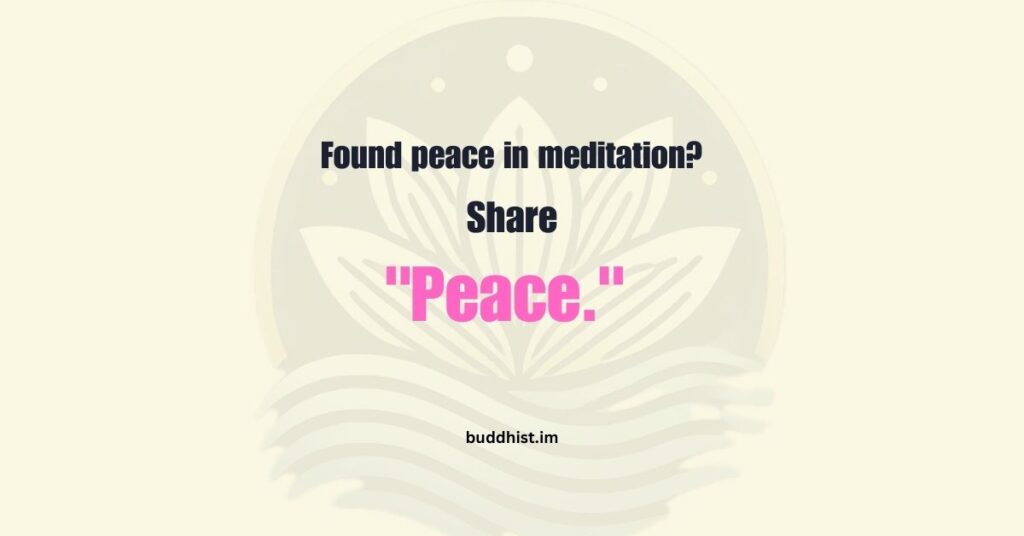
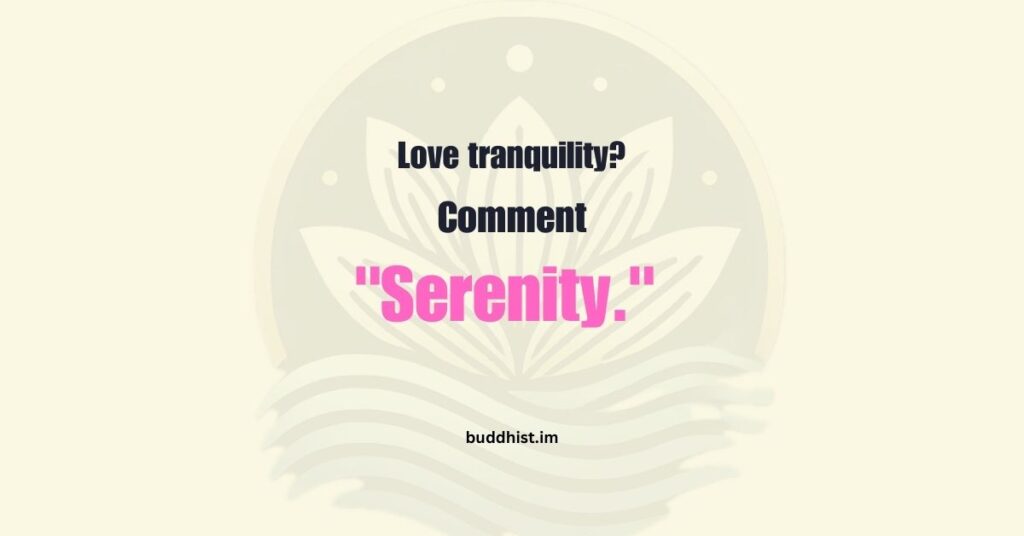


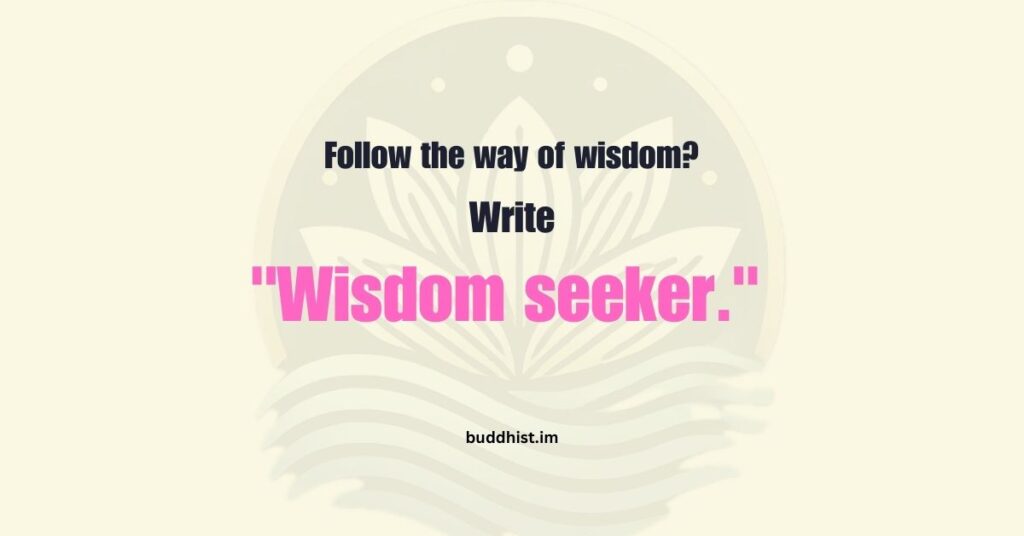
![[Trust Thrives on THIS] And It’s Easier Than You Think!](https://buddhist.im/wp-content/uploads/2025/01/Trust-Thrives-on-THIS—And-Its-Easier-Than-You-Think-1024x536.jpg)
